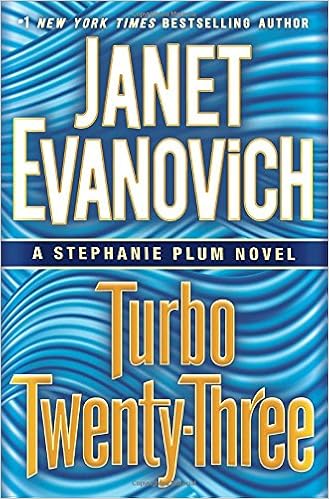Tainted Judge. The Mafia. Indian Casinos. The Most recent Thriller From John Grisham.

There’s practically nothing boneheaded or unsophisticated about the judicial bribery scam at the center of Grisham’s fascinating new book. Set in the Florida panhandle, “The Whistler” focuses on an complex conspiracy including an Indian reservation, an organized crime syndicate and a crooked judge skimming a small fortune from the tribal casino’s monthly take.
Grisham’s heroine is Lacy Stoltz, an detective for Florida’s judicial conduct board whose most fascinating case, after nine years on the job, has been ousting a crooked judge who preyed on women with divorces on his docket. But Stoltz’s career receives a jolt when a dishonest mole, looking to accumulate millions as a whistle-blower, tips her off to the conspiracy theory.
Grisham has been belittled for not writing powerful female characters, but Stoltz is finely sketched: “The truth was that, at the age of 36, Lacy was content to live alone, to sleep in the middle of her bed, to clean up only after herself, to make and spend her own money, to come and go as she pleased, to follow her career without worrying about his, to plan her evenings with input from no one else, to cook or not to cook, and to have sole ownership of the remote control.”
The judge is also a woman — Claudia McDover, a previous small-town lawyer with a liking for Chanel handbags, Picasso lithographs and private planes. Suspiciously, these expensive tastes emerged only after she’d overseen the land-use litigation that eased the development of the tribal casino. She also presided over the murder trial of a Native American opposed to gambling on the reservation. Now on death row, he insists he was framed.
Grisham followers searching for courtroom dilemma might be disappointed by “The Whistler,” since McDover’s debatable cases are glossed over. The book feels more like the first half of an instance of “Law & Order,” with much of the story targeted on Stoltz and her crime-fighting squad as they snoop around gated residential areas and golf courses, chasing a basket of Florida deplorables who would make Carl Hiaasen extremely pleased.
As ever, Grisham sprinkles “The Whistler” with sharp findings about lawyers. He describes one as a “ham-and-egg street hustler with two billboards to his name, and a practice that yearned for lucrative car wrecks but survived on workers’ comp and midlevel drug cases.” Or this, which rings true: “Lawyers could generally be trusted to keep secrets that include their own clients, but were often terrible gossips when it came to everyone else.”
There’s practically nothing boneheaded or unsophisticated about the judicial bribery scam at the center of Grisham’s fascinating new book. Set in the Florida panhandle, “The Whistler” focuses on an complex conspiracy including an Indian reservation, an organized crime syndicate and a crooked judge skimming a small fortune from the tribal casino’s monthly take.
Grisham’s heroine is Lacy Stoltz, an detective for Florida’s judicial conduct board whose most fascinating case, after nine years on the job, has been ousting a crooked judge who preyed on women with divorces on his docket. But Stoltz’s career receives a jolt when a dishonest mole, looking to accumulate millions as a whistle-blower, tips her off to the conspiracy theory.
Grisham has been belittled for not writing powerful female characters, but Stoltz is finely sketched: “The truth was that, at the age of 36, Lacy was content to live alone, to sleep in the middle of her bed, to clean up only after herself, to make and spend her own money, to come and go as she pleased, to follow her career without worrying about his, to plan her evenings with input from no one else, to cook or not to cook, and to have sole ownership of the remote control.”
The judge is also a woman — Claudia McDover, a previous small-town lawyer with a liking for Chanel handbags, Picasso lithographs and private planes. Suspiciously, these expensive tastes emerged only after she’d overseen the land-use litigation that eased the development of the tribal casino. She also presided over the murder trial of a Native American opposed to gambling on the reservation. Now on death row, he insists he was framed.
Grisham followers searching for courtroom dilemma might be disappointed by “The Whistler,” since McDover’s debatable cases are glossed over. The book feels more like the first half of an instance of “Law & Order,” with much of the story targeted on Stoltz and her crime-fighting squad as they snoop around gated residential areas and golf courses, chasing a basket of Florida deplorables who would make Carl Hiaasen extremely pleased.
As ever, Grisham sprinkles “The Whistler” with sharp findings about lawyers. He describes one as a “ham-and-egg street hustler with two billboards to his name, and a practice that yearned for lucrative car wrecks but survived on workers’ comp and midlevel drug cases.” Or this, which rings true: “Lawyers could generally be trusted to keep secrets that include their own clients, but were often terrible gossips when it came to everyone else.”

